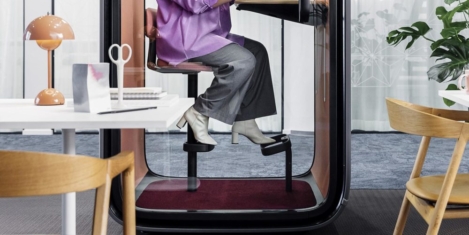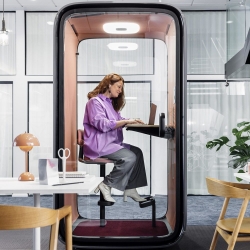June 30, 2022
The fifteen minute city will transform the way we think about workplaces
 For most of history, there have been a small number of immovable truisms that formed the nature of what work is, and how communities form around it. While individuals have long held some agency around the structure and pattern of their work, being present in a communal workplace has been a non-negotiable reality. This need to work from an office comes wed with parallel requirements to help facilitate it. Employees have been willing to strike a compromise between where they wish to live and where they want to work through commutes, with the financial and time cost and associated stress that comes along with it. (more…)
For most of history, there have been a small number of immovable truisms that formed the nature of what work is, and how communities form around it. While individuals have long held some agency around the structure and pattern of their work, being present in a communal workplace has been a non-negotiable reality. This need to work from an office comes wed with parallel requirements to help facilitate it. Employees have been willing to strike a compromise between where they wish to live and where they want to work through commutes, with the financial and time cost and associated stress that comes along with it. (more…)



































June 23, 2022
We need to stop misusing the term ergonomic
by Guy Osmond • Comment, Flexible working, Wellbeing, Workplace design, Works Magazine